“Primate” has so much self-aware confidence in its go-for-the-throat style that the film wears its B-movie badges proudly.
Although it takes forever to get there, invested audiences will still be hungry to chew on “The Housemaid’s” savory secret thanks to appealing performances.
It’s a flashy heap of pure camp from beginning to end, made even more amusing because the movie doesn’t exhibit the self-awareness to realize it.
Can an audience even tell if someone is a drifter if he doesn’t wrap fingerless gloves around a cup of coffee poured by a folksy waitress at a greasy spoon?
Watching an Adams Family film can be like watching Doctor Frankenstein furiously flitting about in his lab.
Evidently, “Five Nights at Freddy’s 2” was made for TruFans™ who would rather spend the movie repeatedly reenacting the Leonardo pointing meme.
“Dust Bunny” tries its best to be gateway horror, but extended stretches of silence repeatedly followed by slow buildups really tax the tempo.
“Sleepwalker” was developed from a seven-minute short from 2024, which explains why its 89-minute runtime goes on 81 minutes too long.
How many miles anyone gets out of “Chain Reactions” depends on individual investment not only in TCM, obviously, but in the five subjects speaking.
Compelling performances keep “Hallow Road” swimming as strongly as possible against the strong current of a drowsy pace.
If “Match” had been shot in the 1970s, it would have become a cult classic for its skin-crawling weirdness that’s still snicker-worthy in a wicked way.
It assumes everyone watching must be a dimwit too dense to understand how the most basic storytelling concepts work.
It’s a better idea to lighten up on the outrage and enjoy “Predator: Badlands” for its high value as an action-intensive outer space adventure.
Although it leaps off a compelling springboard, “The Carpenter’s Son” lands in a shallow pool in search of more commanding material.
“Keeper” is more of a movie meant to highlight Tatiana Maslany’s talent anyway, and that is where the film sees its greatest success.
Compared to the pointless pap Winnie and Mickey are put through nowadays, crude Scrooge ends up looking as noble as Charles Foster Kane.
I don’t know whether to emphasize “this” or “the,” but this is the humorous holiday horror movie you definitely want to enjoy at Christmastime.
If a Vietnam War movie doesn’t include Creedence Clearwater Revival’s “Fortunate Son” on its soundtrack, is it even a Vietnam War movie?
“Bone Lake” comes across as a genuinely committed attempt to craft a slick little film streaked with some slaughter and a slight touch of self-aware silliness.
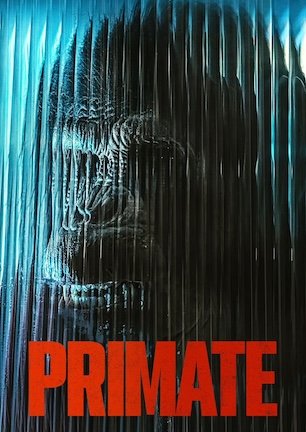

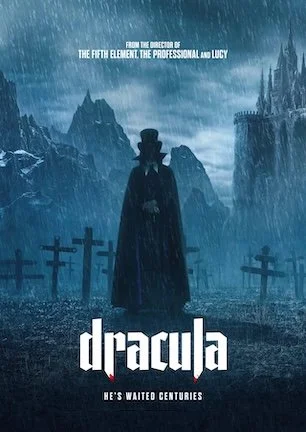
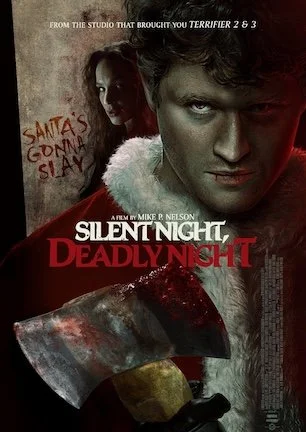
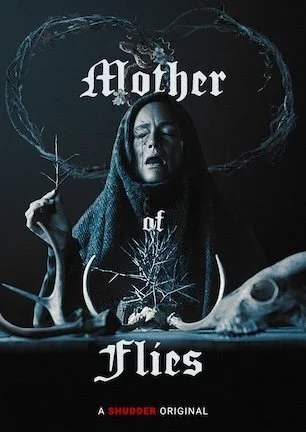

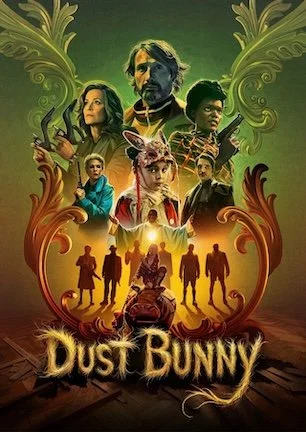
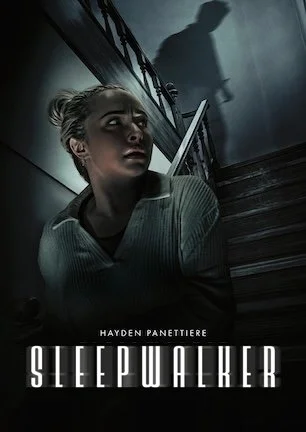
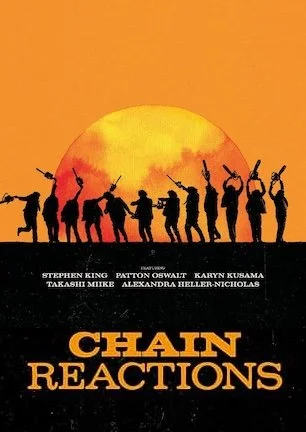
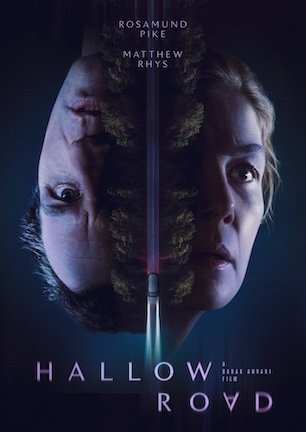
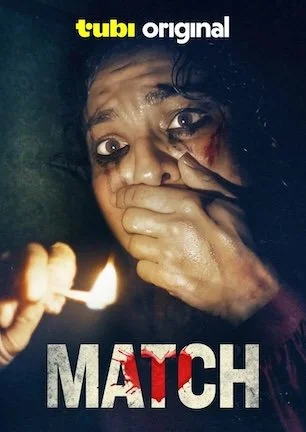








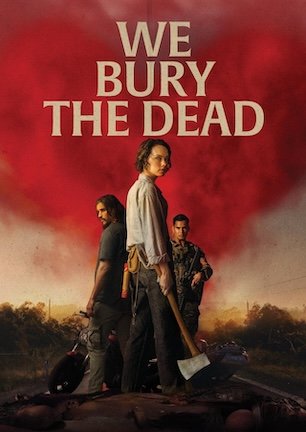

“We Bury the Dead” doesn’t have enough meat on its bones to land on a list of top ten zombie films for any of its three release years.